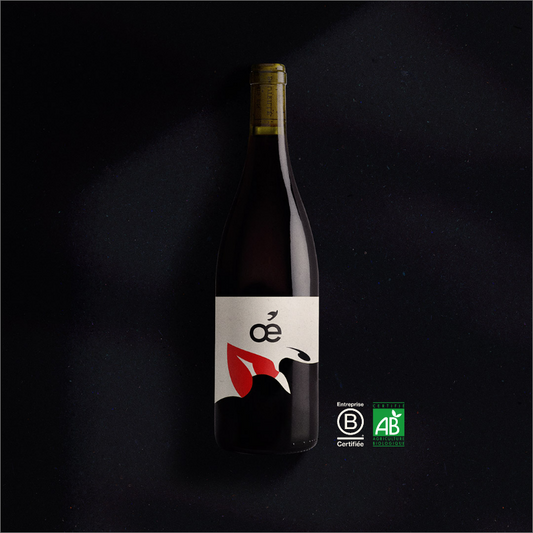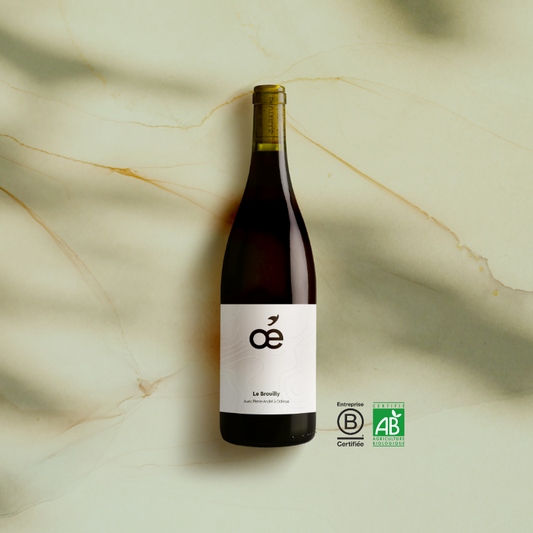In Europe, consumers talk more about organic wine and much less about conventional wine. Fashion or awareness? Conventional agriculture is still the most practiced in the world because it allows the vine to be treated with chemicals, preventing diseases and insects that are harmful to yield. Except that all these products are subsequently found in wine, which increases the probability of developing diseases in humans.
“A well-made organic wine, expressing balance on the palate”
Over the years, men have discovered that the soil needs micro fauna and bacteria to function: the use of chemicals impoverishes the life in the soil and the expression of the terroir is no longer found in glass. Thus, a well-made organic wine expresses a balance on the palate in terms of sweetness, acidity and flavors, which is not to displease consumers. Nevertheless, an organic winegrower must correctly control the cultivation of his grapes, because fewer inputs* mean more bacteria and therefore more risk of obtaining a wine with defects.
So, fashion or awareness?
Both, Captain! There is a real awareness on the part of consumers thanks to the information circulating on the web, social networks and on television. The European population is increasingly sensitive to the environment and it has become a priority for most people to take care of themselves. Nevertheless, winegrowers or groups in the wine sector do not fail to supply this information for commercial purposes, in order to create a "fashion" product, but "organic" products also make it possible to employ additional people since the machines are much less in demand. and the quality of the raw material is preserved by avoiding any aggressiveness of the plant...
So… to your glasses with Oé organic wines !
*In agriculture, we call “inputs” the different products brought to land and crops; this term includes: fertilizers; amendments (elements that improve the physical and chemical properties of the soil, such as sand, peat, lime, etc.); phytosanitary products; growth activators or retarders; seeds (and seedlings) can be considered as the first input in agriculture.





